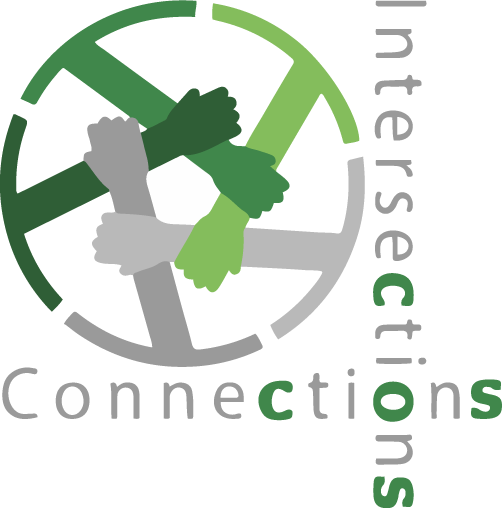The Fight Against Solitary Confinement: Local and National Advocacy
Abstract
Solitary confinement is widely recognized as an inhumane and counterproductive practice that harms an incarcerated person in many ways, including emotionally, psychologically, socially, spiritually and physically. Yet, across the US, jails and prisons use solitary confinement at alarming rates and often with little to no restrictions. Furthermore, solitary confinement is a core practice in the racist system of mass incarceration and compounds the disproportionate impact of incarceration on people of color, who are poor, LGBTQI, young and older people, women, people living with disabilities, and other vulnerable populations.
Local and national advocacy efforts, especially from inside prisons, have brought the horror of solitary confinement into the mainstream dialogue. This workshop will describe the practice of solitary confinement including in-person or written accounts from people who have experienced it first-hand. We will watch a brief video about the resistance by people who were incarcerated in Pelican Bay and other California prisons. We will then discuss statewide campaigns against solitary confinement in Massachusetts and New York and recent incremental victories. There is still much work to be done, and participants will be invited to take action in the fight to end solitary confinement.
The workshop will include two speakers (a member of Massachusetts Against Solitary Confinement and Megan Crowe-Rothstein) and will invite dialogue from the participants. We will discuss how members of Lesley can connect to the local advocacy work and the impact that incarceration and solitary confinement have across so many communities and areas of study.
Start Date
27-3-2019 4:00 PM
End Date
27-3-2019 4:50 PM
Room Number
U-Hall 3-089
Presentation Type
Workshop
Disciplines
Civic and Community Engagement | Civil Rights and Discrimination | Community-Based Learning | Counseling | Criminal Law | Disability Law | Disability Studies | Health Law and Policy | Human Rights Law | Law and Gender | Law and Psychology | Law and Race | Law and Society | Legal Studies | Legislation | Politics and Social Change | Psychology | Race and Ethnicity | Social and Cultural Anthropology | Social Control, Law, Crime, and Deviance | Social Work | Urban Studies and Planning
The Fight Against Solitary Confinement: Local and National Advocacy
Solitary confinement is widely recognized as an inhumane and counterproductive practice that harms an incarcerated person in many ways, including emotionally, psychologically, socially, spiritually and physically. Yet, across the US, jails and prisons use solitary confinement at alarming rates and often with little to no restrictions. Furthermore, solitary confinement is a core practice in the racist system of mass incarceration and compounds the disproportionate impact of incarceration on people of color, who are poor, LGBTQI, young and older people, women, people living with disabilities, and other vulnerable populations.
Local and national advocacy efforts, especially from inside prisons, have brought the horror of solitary confinement into the mainstream dialogue. This workshop will describe the practice of solitary confinement including in-person or written accounts from people who have experienced it first-hand. We will watch a brief video about the resistance by people who were incarcerated in Pelican Bay and other California prisons. We will then discuss statewide campaigns against solitary confinement in Massachusetts and New York and recent incremental victories. There is still much work to be done, and participants will be invited to take action in the fight to end solitary confinement.
The workshop will include two speakers (a member of Massachusetts Against Solitary Confinement and Megan Crowe-Rothstein) and will invite dialogue from the participants. We will discuss how members of Lesley can connect to the local advocacy work and the impact that incarceration and solitary confinement have across so many communities and areas of study.



